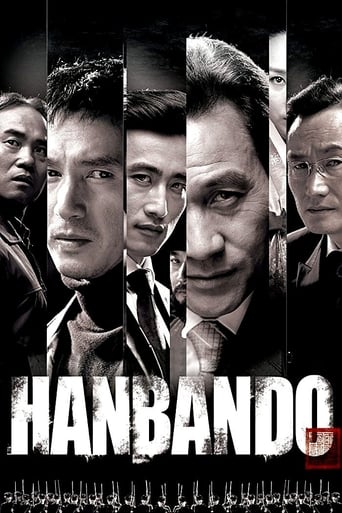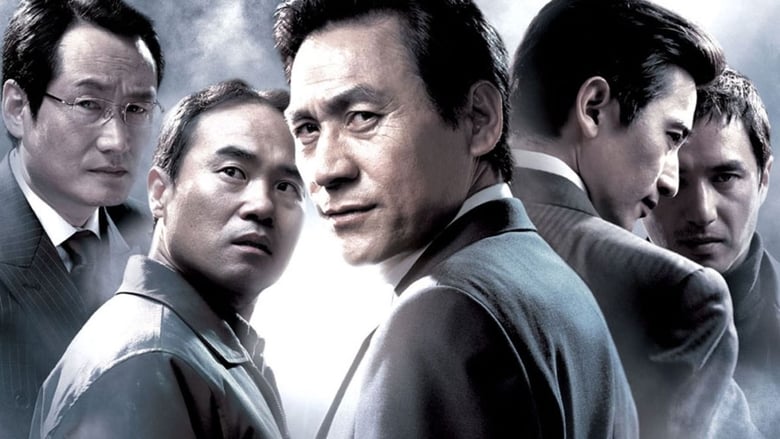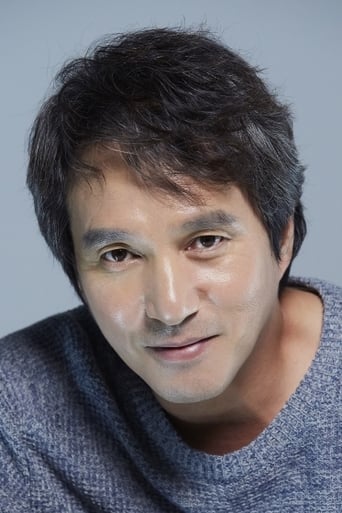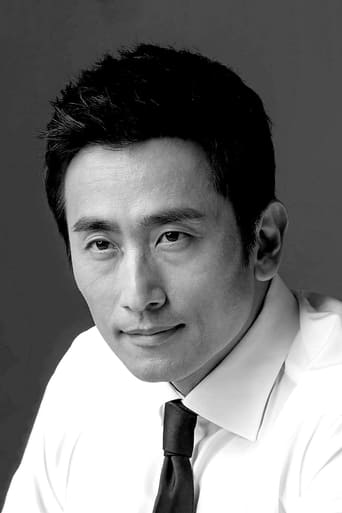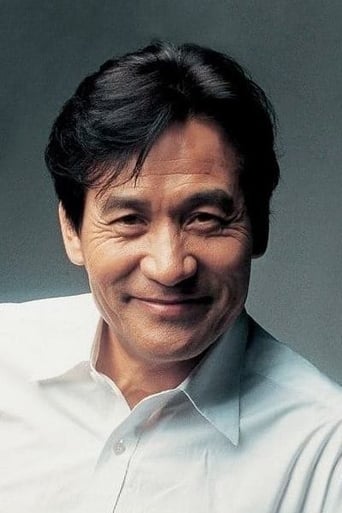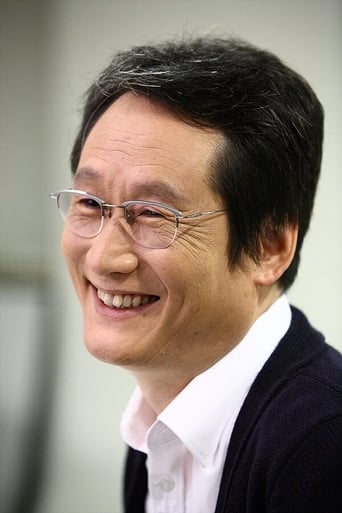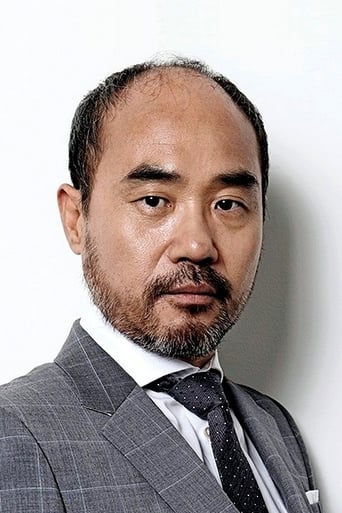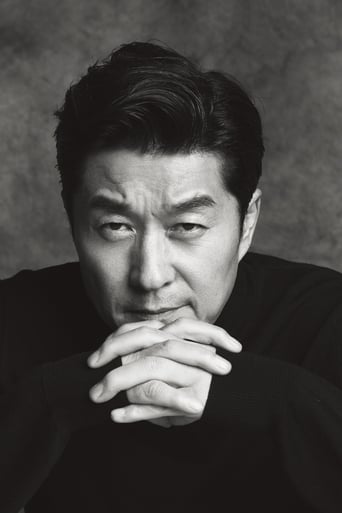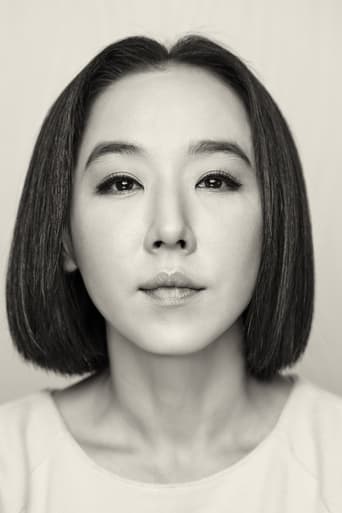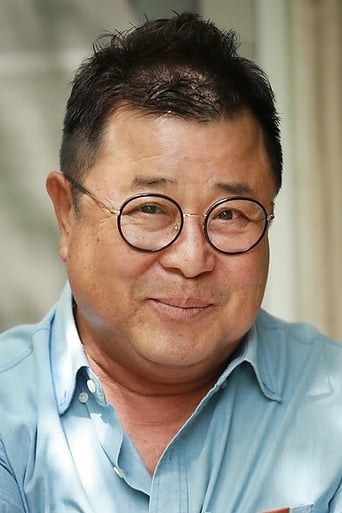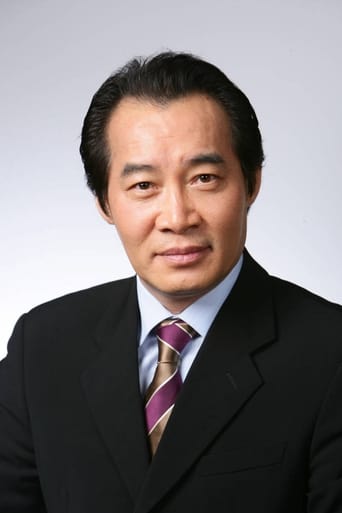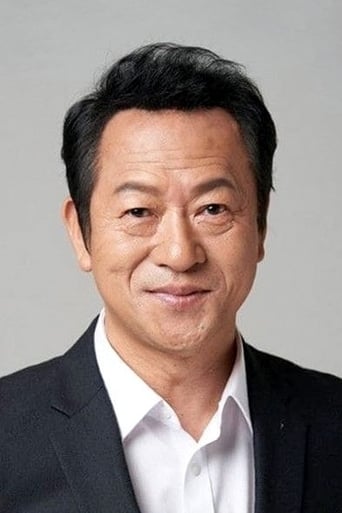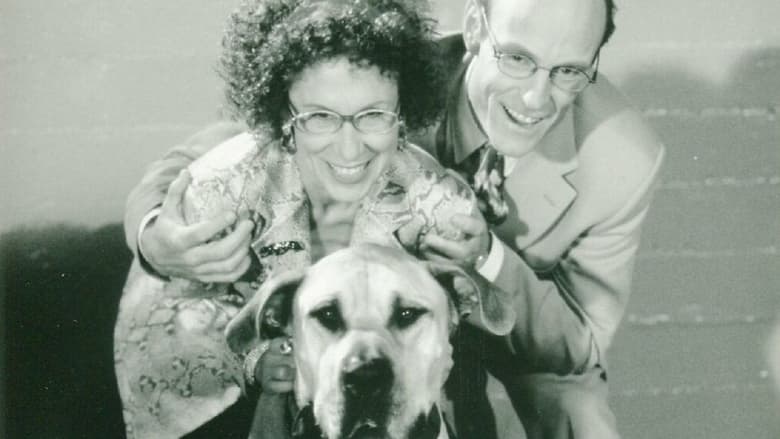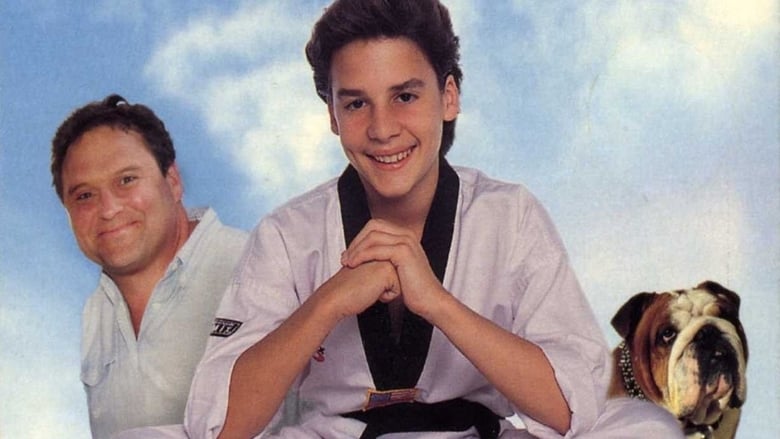The President of South Korea races against time to prove the seal on documents from long dead King Gojong is fake by charging outspoken historian Choi Min-jae, and a descendant of the royal bloodline Kim Yu-shik, to find the long lost seal in order to prove that the Japanese claim to railroads is false, a claim that will stop the reunification of the two Koreas.


Similar titles
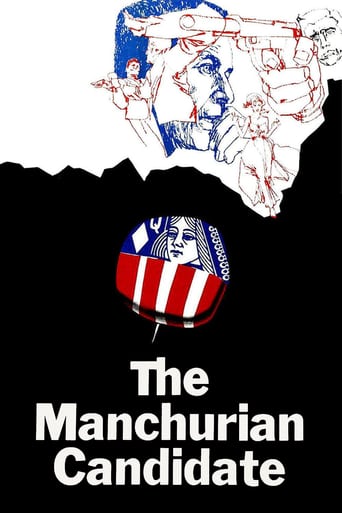
Reviews
THE END OF IDEOLOGY AND THE COLD WAR had awakened the dormant nation in line with the international security system restructuring. Whither the Korean Penninsula?, KEY POINTS: 1) The application of the old empire rules out the possible chance of the rescuing the nation state; 2) The role of players in the historical context no longer dominates the scenario of the games; 3) The consequences of political controversies should not extend to diplomatic disputes in any form of questions; 4) The method of finding resolution must lie not in the one of escape but in the one of prevention; 5) Assassinations must be the last resort to the mutual consent and cooperation, CONCLUSION: The unity of two conflicting parties obligates them to the harmony of different views and channels in the matter of urgency and importance, due to the nature of the humanity. Nevertheless, the same mistakes will not be tolerated in one stroke of the game. THE LAUNCH OF NORTH Korea MISSILES stroke the international community on Wednesday. What was the meaning of North Korea's leader Kim Jung Il for his action? Another exuberant irrationality or an incomprehensible manifestation of his political ambition? Among many conspiracy theories and analysis from parties of negotiation, the best scenario for now is that North Korea should discontinue its attempts to its brinkmanship strategies and policymaking for more effective resolution of the security crisis.
Softening up is vilifying? When Myungsunghwanghu was killed, she had her breasts sliced off and Japanese soldiers raped her dead body. In this movie all the Japanese samurais did were stab her six times, which I admit is gory, but is less gruesome than the truth. Ask any Korean adult that remembers history class and they will likely repeat this. The reason the portrayal was softened up was to make it viewable for a somewhat larger audience.The movie has great acting, although I must admit there are some English typos and grammatical errors. (causion, disappear). The only real cheesy sounding actor is Cha Tae Hyun. The president is portrayed perfectly, and several of the turn-arounds (the President actually ordered himself to be incapacitated to see who was Chin-il-pa ish - in favor of the Japanese).I love this movie because the director seems to bring a totally possible (theoretically) situation to life. Excellent, excellent, excellent.
Overall, I liked it. There are things about it that could have been better thought out and some that had inaccuracy, but once I suspended my belief, it was quite enjoyable.The premise that Japan would start a war with Korea over the opening of the railroad at Dorasan and possible N/S reunification was a bit far-fetched, but I guess as good of an excuse as any to use (it worked into the plot pretty well). That Japan forged the Japan-Korea Annexation Treaty using a fake state seal and that the real stamp was hidden has been argued for years, so there is some validity for that being used in the movie.The assassination of Queen Min was a mixture of fact and fantasy in the movie. Reports from that time are that Japanese, dressed up as Korean soldiers, along with some disgruntled Korean soldiers, took the Taewongun (King Kojong's father) to the palace at 3 a.m. on the night in question. When confronted by the palace guards, the Japanese/Korean soldiers attacked, easily overtaking the defenders. In the movie, the Japanese were clearly dressed as Japanese; although it is possible some really may have been dressed that way, I tend to doubt it, as Japan wanted it to look like the work of Koreans alone. Also, how the queen died (as reported by witnesses) and how it was depicted in the movie are at odds. Witnesses report she hid in bushes outside the palace, was stabbed several times, and while still alive was violated, wrapped in a blanket, and set on fire. In the movie, she defiantly confronted the Japanese and died fairly quickly from several sword stabs and slashes. The choice for the actress to play the queen was good--the queen was a tough young lady and the actress played it well. However, Kojong, by many accounts, was not such a strong person (which is why the queen had so much control); the actor played him as fairly tough and determined.Having Ahn Sung-kee in the role of the president was pretty good (he played the part before in another movie, so he seemed confident). There were some other actors playing historical parts that were typecast (but done pretty well).Again, overall I thought it was an entertaining movie. I'll give it 7/10.
(this comment might contain a bit of spoiler regarding the movie's overall atmosphere and content)First of all, the director's too busy glorifying Korea. Some history contents (eg. the death of Myungsunghwanghu) were modified to vilify Japan more than necessary, when the country is already being blamed for claiming ownership over Dokdo. Next thing I hated was the language. Actors talked in a really cheesy way; nobody in real life would talk like that. Then there are these Japanese politicians talking only in Korean, fluently. Korean actors took the Japanese politician parts, so I could understand. Not a lot of Japanese actors would participate in a movie that attacks Japan. Yet, the Japanese soldiers in the movie spoke in only in Japanese. This weird contradiction led to the movie's lack of reality. Plus, all the major events happened based on luck, or at the last minute: a classic cliché. I hate to disrespect Korean movies as I am Korean, but this movie isn't something I would praise since I am also a sane being with two working eyes.The jokes were terrible.The director did a better job in Silmido (way better).
